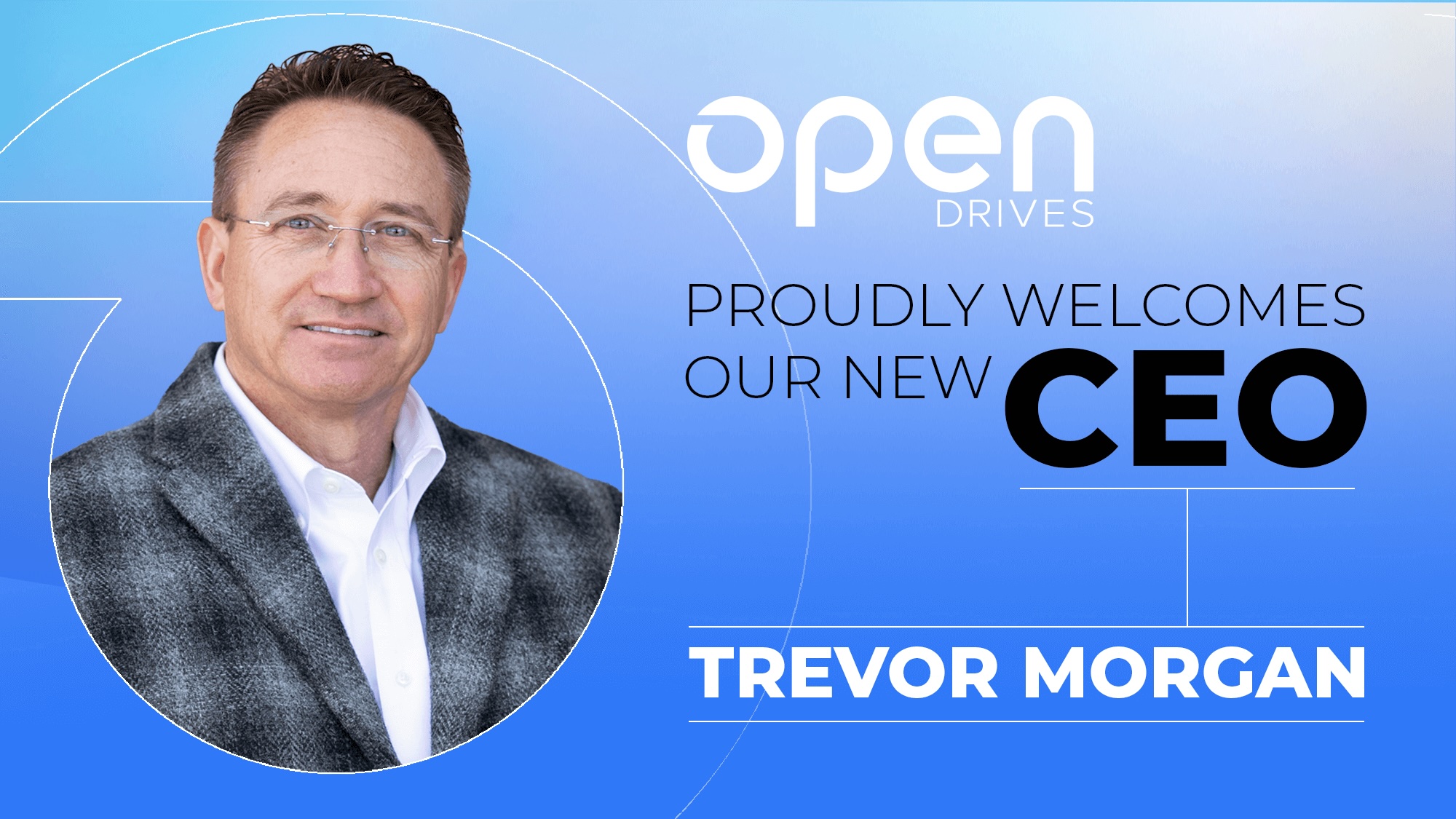Feedback
24/7 IT support
Dear editor:
In your “Buying a new server?” article in the April 2008 issue of Broadcast Engineering, you posit the question: What happens if the technology expert is on vacation, sick or otherwise unavailable?
If you manage your TV station the way we do here (name withheld to protect the guilty), you hire a dedicated IT professional. First, pay him or her a salary so you don't have to worry about that pesky overtime cost impacting the bottom line.
You then make sure that you call or page him with some “mission-critical” problem just as soon as he leaves the building. Any problem will do: the PC needs a reboot, the printer needs toner, the phone got unplugged, the talent can't get into her MySpace page …
Off-duty hours? What are those? Call him at home during his sleep hours, again with petty little IT problems. If nothing else, call to tell him how office politics are preventing him from getting technical training, certified or looks at new technology. Calling while you are at NAB in Vegas is good too.
Making sure your configuration has “issues” can keep a good tech on his toes. For instance, keeping a 6TB server online to run one looping 15-second logo, while your two 1TB servers are running out of room on a daily basis, works well here. Racking the storage server but not using it because “we just aren't comfortable with it just yet” helps too.
Sick or vacation? Call early, and call often. Call his personal cell phone, especially if he is a couple time zones away so you are calling before dawn. Again, office politics discussions are good, personality conflicts are good and griping about suppliers is good — anything to keep your tech in the loop.
The professional video industry's #1 source for news, trends and product and tech information. Sign up below.
Eventually, your tech will give up and just sleep on a cot on the loading dock so you can have 24/7 support with just one person. Or, your tech will leave for an hourly tech support job in cube world, where he arrives at 8 a.m., goes home at 4:30 p.m. and never hears from the office in between.
Any other IT questions I can help you with?
909 smart antennas
Dear Also Cugnini:
Any idea who is making a CECB with 909 antenna interface, preferably the common coax interface electronically steerable indoor or outdoor antenna compatible with same?
I recently tried out the Insignia brand converter (LG), and it works well in a rural-fringe setting with an amplified rabbit ears/UHF loop (RCA brand), but it clearly wants a 909 smart antenna to work well.
I've looked, but I can't find anything. I thought you might be able to help, as it appears you are on top of things in this area.
FYI, I am an RF engineer, working mostly in Wi-Fi, TCP/IP networking and so on, so I am fluent in tronspeak.
Stuckey McIntosh
Recon Aero
Aldo Cugnini responds:
To find the CECBs that support CEA-909, go to www.wikipedia.org. I don't believe there are any CECBs that use the single-wire (CEA-909A) interface. To my knowledge, there are three companies that have some kind of antenna development program:
- Funai/DXI consult for this company. It has not announced product availability.
- GE/JascoIt has said that an antenna will be available, probably in the coming months.
- Antennas DirectThis company showed a prototype smart antenna at NAB, built for an NAB project. The antenna will be ready for NAB (small quantity) by October 2008. There are no current plans for mass production.
Best network type
Dear John Luff:
I wanted to know what network type is the best for television networking? Gigabit? Fiber? Ethernet? We are networking a couple of video servers, playout systems and editing systems, and we'd like to know the best one.
Carlos
NET2 Television
Ghana
John Luff responds:
There are important applications for all types of networks in broadcast facilities. What factors are most important will vary depending on the application. First, one must consider the bandwidth needed. If network traffic will never exceed a few megabits, then 10BASE-T will suffice. But if real-time transport of HD content is required, then GigE is necessay, although uncompressed HD will require much faster speeds. Security, latency, distance and cost are all factors that should be evaluated.
It sounds like you might be well served by a gigabit backbone, which today is quite affordable. However, I suggest you have an IT professional take a serious look at all issues.
Electronic version of Broadcast Engineering
Dear editor:
I was wondering if Broadcast Enginnering comes in a PDF or CD form?
Mitch Kindley
F.C. Schafer Consulting
Concord, NC
Editor responds:
Currently, Broadcast Engineering is not available in a pdf or CD form. However, we do produce a monthly Ezine, an online version of our world edition. For more information, visit: http://subscribers.broadcastengineering.com/subscribe.cfm?tc=NN6031
Test Your Knowledge!
See the Freezeframe question of the month on page 8.
